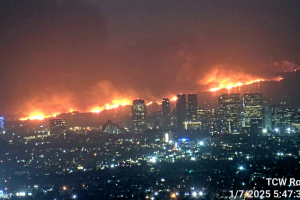 November 11, 2025
by Madison Lloyd
Federal Rollbacks
State and Local
November 11, 2025
by Madison Lloyd
Federal Rollbacks
State and Local
As federal banking agencies step away from climate-focused oversight, state regulators are well suited to take the policy lead, leveraging local knowledge to manage emerging financial risks.
 November 10, 2025
by Cid Thillairajah
Oceans
Wildlife
November 10, 2025
by Cid Thillairajah
Oceans
Wildlife
10 billion crabs disappeared in the Bering Sea, and our dated approach to fishery conservation is wholly insufficient to address the cause.
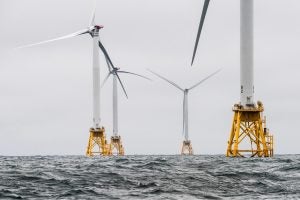 November 5, 2025
by Caroline Lanteri
Energy
Legislation
Renewable Energy
November 5, 2025
by Caroline Lanteri
Energy
Legislation
Renewable Energy
From the Trump-II Energy Agenda to Permitting Reform in Congress, the Wind Energy Industry Has Much to Monitor—and to Take to Court.
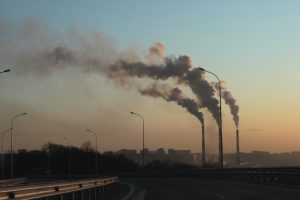 October 31, 2025
by Spencer V. Woodall
Federal Rollbacks
Torts
Water
October 31, 2025
by Spencer V. Woodall
Federal Rollbacks
Torts
Water
While recent decisions curtail centralized regulatory authority in pollution enforcement, Americans can regulate pollution by exercising private property rights.
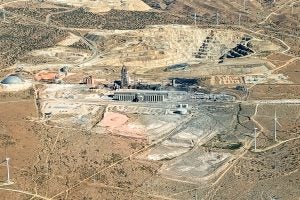 October 29, 2025
by Marcos Gonzalez
October 29, 2025
by Marcos Gonzalez
With the federal government making it clear it does not plan to invest resources in combatting climate change, it is up to the states to ensure progress is not entirely halted during the Trump Administration.
 October 24, 2025
by Jada Huang
Climate change
State and Local
Wildlife
October 24, 2025
by Jada Huang
Climate change
State and Local
Wildlife
The "Grue Jay," a miraculous hybrid, reveals a greater truth about the role of humans in shaping avian adaptation. State and local politicians are taking the initiative to supplement weakened federal protections for wildlife.
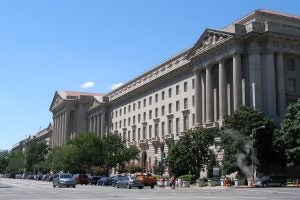 October 22, 2025
by Madeline Thompson
EPA
Federal Rollbacks
October 22, 2025
by Madeline Thompson
EPA
Federal Rollbacks
As the government shutdown rolls into its fourth week, the EPA has ceased several core functions, and now may face a vast reduction in force.
 October 14, 2025
by Liza Williams
Artificial Intelligence
Technology
October 14, 2025
by Liza Williams
Artificial Intelligence
Technology
An overreliance on generative AI may threaten our collective potential to meaningfully address environmental problems by potentially slowing scientific progress and innovation, reducing the efficacy of our collaboration, and weakening support for environmental protection.
 October 10, 2025
by Jenny King
Federal Rollbacks
Natural Resources
Wildlife
October 10, 2025
by Jenny King
Federal Rollbacks
Natural Resources
Wildlife
The Trump administration has issued numerous rollbacks of legislation critical to wildlife preservation, which will result in loss of biodiversity and ensuing litigation.
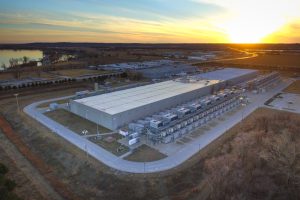 October 6, 2025
by Theo Kaufman
Energy
Technology
October 6, 2025
by Theo Kaufman
Energy
Technology
As artificial intelligence grows and developers plan new data centers, residential consumers are footing the bill for increased electricity demands. Regulators must act to keep energy costs down and maintain the course on climate goals.










